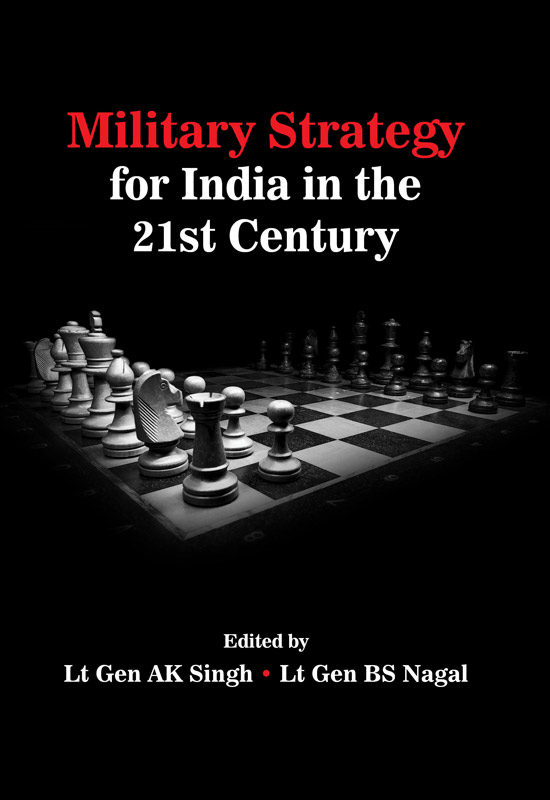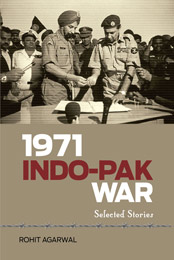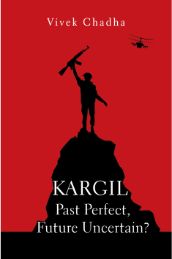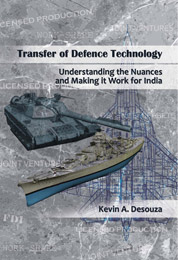Subjects
Military Strategy for India in the 21st Century
Lt Gen AK Singh and Lt Gen BS Nagal
“A developing nation like India, cannot afford to spend over Rs 4,00,000 crores (nearly US $62.8 billion) on defence every year without a formalised national and military security strategy. If its military forces are to be successfully and optimally utilised, India’s politico-military strategy, construct and its pattern of civil-military relations must undergo concurrent changes and reforms. Requisite planning and operational preparedness along with tri service synergy and good civil-military relations will be the key to success and victory.
‘Military Strategy for India in the 21st Century’ is a comprehensive collection of high value essays defining multiple nuances of military strategy. Written by prominent military and civilian experts on essential aspects of national and military strategy, the book reflects on the need to deal with existing and potential security threats and challenges, as well as achievement of national goals and aspirations, in which the military has a role to play.”
— General V P Malik
Former Chief of Army Staff
“This anthology of research essays written by the domain experts covering the field of strategic thinking as applicable at global, regional, and sub-regional levels. It focuses on what India has to factor in while extrapolating her military strategy in the 21stcentury. The empiricism is logical in its methodology and hence provides a tapestry of analysis based on experience and judgement to cover up the a-theoretical nature of analysis pertaining to the content and context of the essays and represents a serious attempt to bridge the gap for policy orientation due to the absence of a formal security planning guideline in India. The essays provide an intellectual inquisitiveness to enrich the evolving domain of strategic thinking in India. Quintessentially the collection is a value addition to the emerging field of professional military education in the Indian context. It has the potential to bring the town and gown together and therefore a must read for one and all who are not only in the profession of Arms but also their civilian counterparts in the academia, the private and public sector.”
— Gautam Sen, Pune
National Institute of Advance Studies (NIAS)


 Political Science
Political Science



